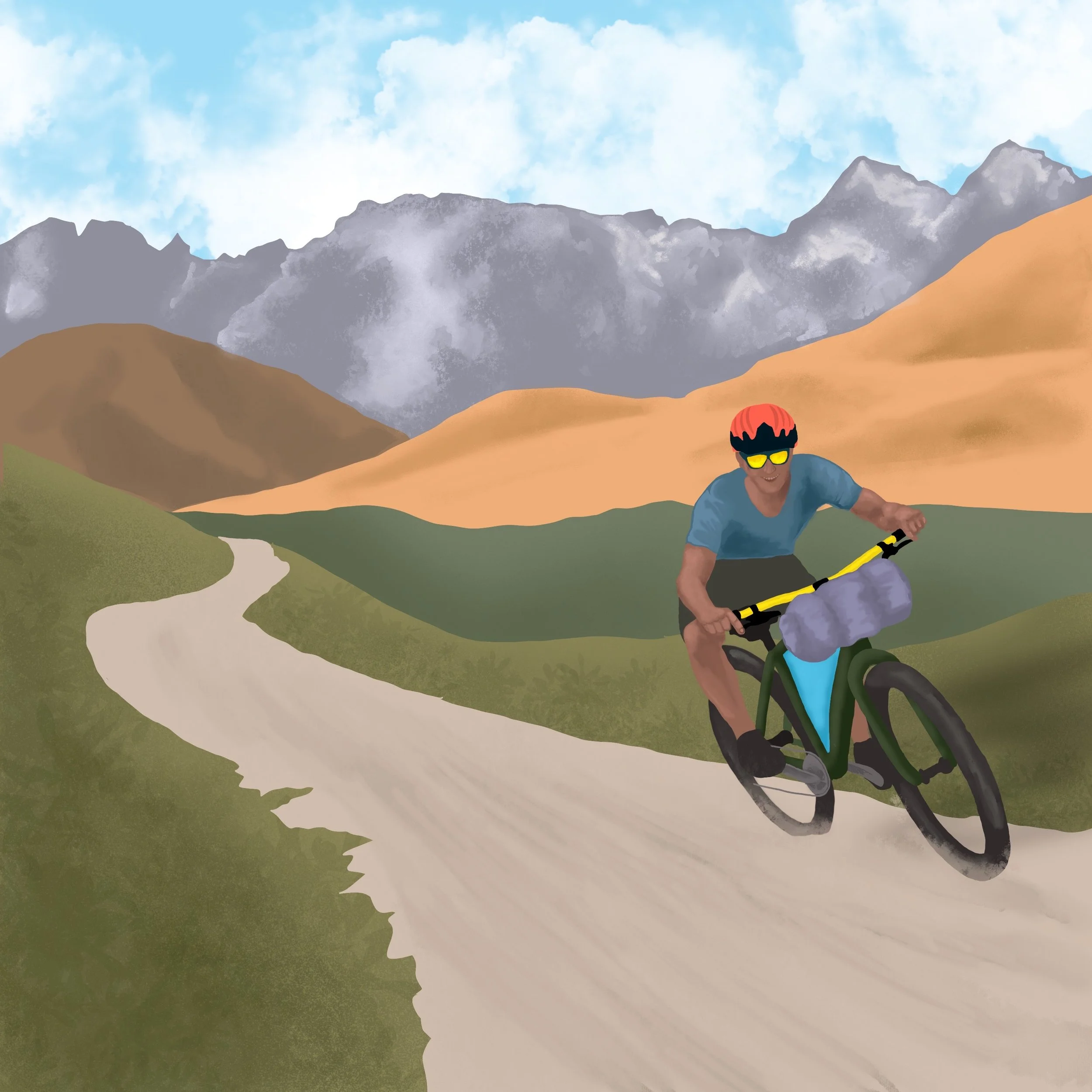How slow adventures can be good for your career and mental health.
The idea
When you’re so intensely focussed on your career or family, your attention to where you are in life can go unchecked. For some people, this lack of checking-in with yourself can last years or even decades. For others, they check in too often and it stops progression forward and upwards. I think this ‘analysis paralysis’ can be a cause of unhappiness for some.
Taking a sabbatical to row across an ocean, cycle across a country (or continent), or run across a desert, might seem like unhelpful to some, but I think it can be useful in ways we don’t really consider.
Adventure secures time for reflection and introspection
When you’re not so distracted by work events (such as regularly checking your phone or emails), or family – you get that chance to mentally-check in with yourself and ascertain your position relative to the world around you, your hopes, identity, and aspirations.
It may be that you’ve taken a different course throughout your life and ended up on a non-preferred career path but you’re always too busy or stressed out to notice it, until an outlier event like a pandemic comes along. If left unchecked, I think this could become a cause of reduced mental health for some people in the middle and later stages of their lives.
Holidays are helpful; however, I suspect most of us actively try to avoid being bored. Physical endeavours that require your attention to manage correctly (i.e., where you’re having to navigate or make food and water choices), invariably leaves you some extra mental capacity to reflect on life choices and circumstances, without being too bored.
How adventure builds space for increased creativity
In her TED talk, journalist Manoush Zomorodi describes how the brain needs some boredom to piece together intricate ideas into something new. The default setting, as Zomordi describes it, helps people form new ideas.
In their seminal book on creativity ‘The Runaway Species’, Anthony Brandt and David Eagleman take the idea a step further suggesting that we ‘bend, break and blend’ ideas and concepts we’ve already been exposed to, to form new ones.
Whilst the idea of taking time out from a career stream may seem intimidating, journalist Tim Harford describes the concept of ‘slow-motion multitasking’ as the hallmark of great inventors and composers. The theory suggests that the attention of highly-successful people is often turned to different subjects for long periods – in some cases, many years at a time!
An adventure creates mental space away from social demands, with an optimum level of boredom, that helps stimulate creativity and also reflect on your next life step. By making it a regular part of your lifestyle, you weave in a contract with yourself to check your life bearing at pre-determined intervals – whether that’s over several days, weeks, or months.
References:
3. https://www.sciencedirect.com/topics/social-sciences/intrinsic-motivation
4. The Runaway Species: How Human Creativity Remakes the World, by Anthony Brandt and David Eagleman.

